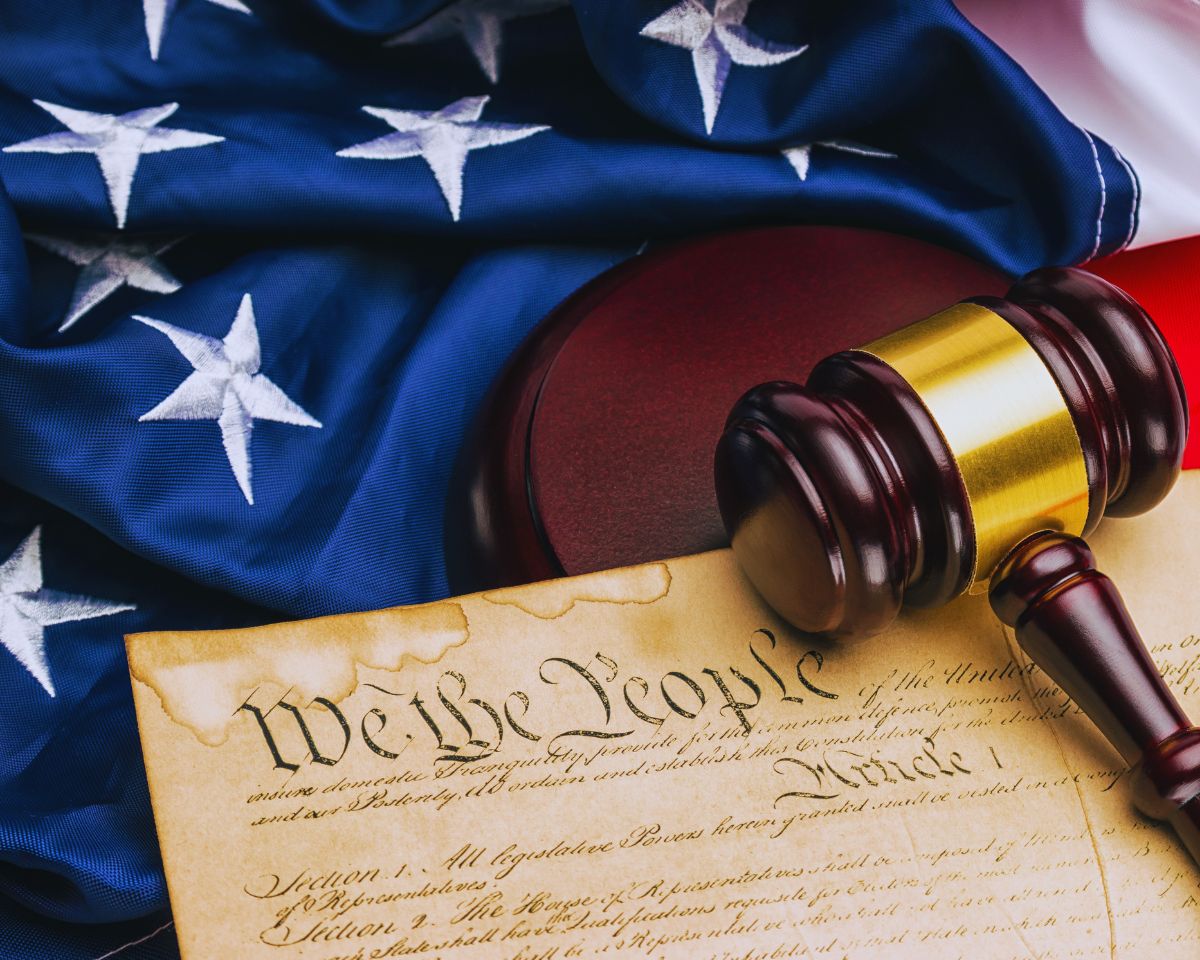Your privacy is a constitutional right. The Fourth Amendment to the United States Constitution protects citizens from unreasonable searches and seizures by the government. But in real-world situations, law enforcement sometimes oversteps these boundaries—either knowingly or unknowingly—resulting in violations of your constitutional rights.
In this blog post, we’ll explain what the Fourth Amendment is, explore common types of violations, and look at real-world examples to help you better understand your rights and how to protect them.
What Is the Fourth Amendment?
The Fourth Amendment states: “The right of the people to be secure in their persons, houses, papers, and effects, against unreasonable searches and seizures, shall not be violated, and no Warrants shall issue, but upon probable cause, supported by Oath or affirmation, and particularly describing the place to be searched, and the persons or things to be seized.”
In plain terms, this means:
Law enforcement must have a warrant or probable cause to search you or your property.
Any search or seizure that violates this standard can be considered unlawful and unconstitutional.
Evidence obtained unlawfully may be excluded in court under the exclusionary rule.
Why It Matters
The Fourth Amendment is more than just legal theory—it has real implications. When officers bypass these protections, it can lead to:
Wrongful arrests
Invasion of privacy
Loss of personal property
Unfair legal proceedings
Common types of Fourth Amendment violations
1. Warrantless Searches Without Probable Cause
One of the most frequent violations occurs when law enforcement conducts a search without:
A warrant
Probable cause
Or an applicable exception (like consent or exigent circumstances)
Example: An officer stops a vehicle for a broken taillight and decides to search the car’s trunk without consent or probable cause. Unless there’s a clear and immediate danger or visible evidence in plain view, this is typically unconstitutional.
Legal Note: The automobile exception allows a search if there is probable cause to believe a vehicle contains evidence, but not for arbitrary or routine stops.
2. Unlawful Traffic Stops and Vehicle Searches
Police officers are allowed to stop a vehicle if they have a reasonable suspicion that a law is being broken. However, they cannot extend the stop to perform a search without justification.
Common Violation: Extending a routine traffic stop to wait for a drug-sniffing dog without reasonable suspicion.
3. Searches Without Consent or Coercing Consent
If you voluntarily allow a police officer to search your car, home, or belongings, that search is typically legal. However, if that consent is:
Coerced
Misunderstood
Or implied under pressure
…then it may not be valid.
Warning Signs:
You feel like you have to say yes.
The officer implies you’ll get into more trouble if you don’t.
You are not informed of your right to refuse.
Remember: You always have the right to say, “I do not consent to a search.”
4. Entering a Home Without a Warrant
The home has the highest level of Fourth Amendment protection. Police almost always need a warrant to enter.
Illegal Entry Examples:
Police enter a home without a warrant and without the homeowner’s consent.
Officers claim “exigent circumstances” (like chasing a suspect) but can’t justify the urgency.
Exception:
If there’s a credible emergency—like hearing screams or seeing smoke—police may enter without a warrant.
5. Searching a Cell Phone Without a Warrant
Digital privacy is now a major frontier in Fourth Amendment rights. The Supreme Court ruled in Riley v. California (2014) that police must obtain a warrant to search the contents of a smartphone.
Violation: A police officer seizes your phone and starts reading your texts or accessing your apps without a warrant.
6. Unjustified Use of Surveillance Technology
The use of modern surveillance—like drones, GPS trackers, or cell-site simulators (Stingrays)—can also raise Fourth Amendment issues.
Example: Placing a GPS tracker on your car without a warrant or your knowledge.
7. Stop and Frisk Without Reasonable Suspicion
Police are allowed to stop and frisk individuals if they have reasonable suspicion of criminal activity. However, stops based solely on appearance, location, or vague behavior often don’t meet that legal standard.
Violation: A person is frisked simply because they are in a “high-crime area,” without any specific behavior suggesting wrongdoing.
8. School Searches That Go Too Far
While students have limited Fourth Amendment rights in school settings, administrators and school resource officers must still act reasonably.
Common Violations:
Strip-searching a student without credible evidence.
Searching a student’s phone or locker without cause.
How to Protect Your Fourth Amendment Rights
Here are actionable tips to help you safeguard your constitutional rights:
Know your rights: You do not have to consent to a search.
Stay calm and respectful: Document incidents when possible.
Ask, “Am I free to go?” during interactions with police.
Consult a lawyer if you believe your rights were violated.
File a complaint or pursue legal action if needed.
Conclusion
The Fourth Amendment exists to protect your privacy and freedom from government overreach. But knowing your rights is the first line of defense.
From warrantless home entries to digital invasions of privacy, Fourth Amendment violations happen more often than many people realize. By understanding the law and standing firm in your rights, you can help protect not just yourself—but the broader principle of justice.
Need legal help or more information about your rights?
At Southwest Legal, we’re committed to standing up for individuals whose constitutional rights have been ignored or abused. Whether you’re facing an unlawful search, a questionable arrest, or need guidance on your legal options, our experienced attorneys are here to help. Contact us today for a free consultation. Your rights matter. We’re here to protect them.





